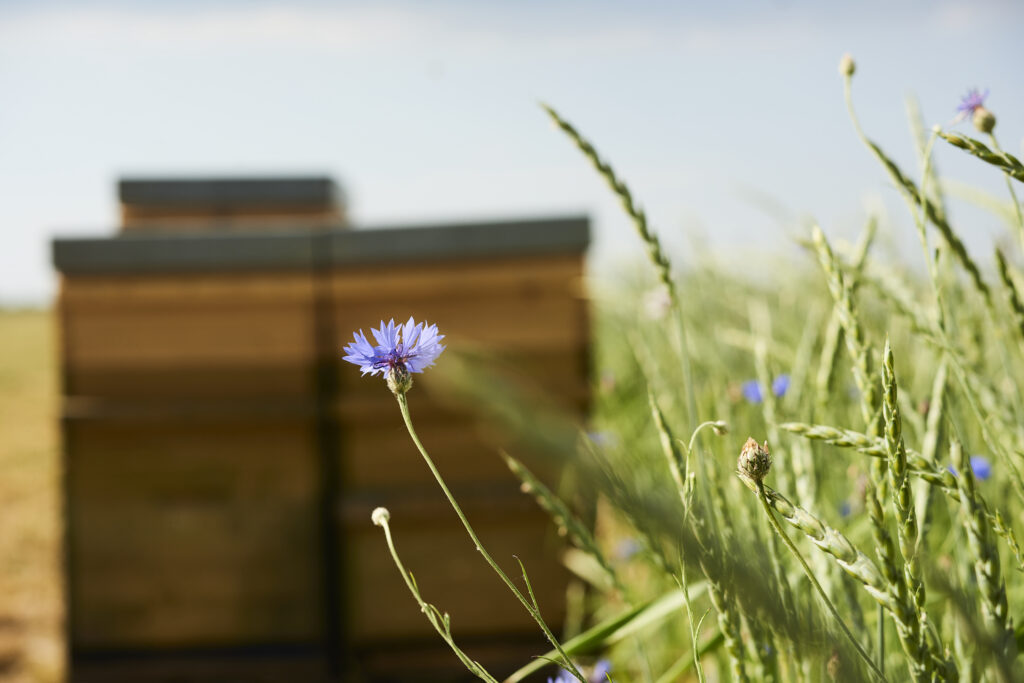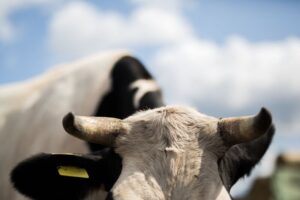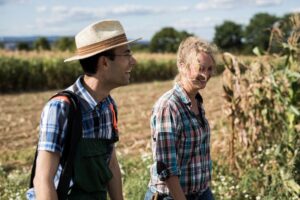Invest in our planet
International Mother Earth Day has been celebrated every year since 1970. It is not so much about celebrating the Earth than about reminding ourselves to step back from our everyday lives and consider the bigger picture. What appears in this wider view is the current climate crisis and the necessity to make a radical shift towards more sustainability in all areas. International Mother Earth Day must alert businesses, governments, and civil society alike to our shared responsibility and the urgent need to act.
Invest in our planet
As it was last year, this year’s theme is Invest in Our Planet. Even though positive changes have been implemented, there is still a need to raise awareness and hold everyone accountable in shifting towards a green, sustainable, prosperous, and fair economy. In that regard, the last Intergovernmental Panel on Climate Change (IPCC) AR6 Synthesis Report couldn’t be clearer: “There is a rapidly closing window of opportunity to secure a liveable and sustainable future for all. Human activities, principally through emissions of greenhouse gases, have unequivocally caused global warming, with global surface temperature reaching 1.1°C above 1850–1900 in 2011–2020”.
The agricultural sector obviously has a responsibility to implement change. It is currently responsible for 25% of global GHG (greenhouse gas) emissions. However, the IPCC considers that total emissions of the food sector could be reduced by 44% by 2050. To implement such change, they promote real solutions: improved cropland management, biodiversity and ecosystem connectivity, agroforestry, community-based adaptation, farm and landscape diversification, and urban agriculture.
We need to preserve our resources, including soil fertility, and take a regenerative approach before we get to a point of no return. Governments must support farmers in their transition to more sustainable production systems and subsidise real sustainability performance. They need to take action to protect consumers from greenwashing attempts and provide a legislative framework that fosters sustainability.
Invest in soil fertility
Investing in our planet means investing in soil fertility. Not only are our soils the foundation of our food, they also have the potential to mitigate climate change. In fact, healthy soils provide plants with the nutrients they need and protect our climate in binding CO2 thanks to valuable soil humus. Every time soil is degraded, the carbon it contains is lost to the atmosphere in the form of CO2, increasing greenhouse gases and losing nutrients which are needed to produce food.
Every year an average of one millimetre of soil is lost to erosion and thus contributes to global warming. Around one third of the fertile arable soils worldwide have already been eroded over the last 40 years. The use of pesticides, monoculture cropping, intensive irrigation, unbalanced applications of mononutrient fertilisers and many other intensive agricultural practices are responsible for worldwide soil degradation (see here the latest research).
Restoring and regenerating our soil is fundamental in biodynamic farming. We want to give back more to the soil than we take from it. The principle of biodynamic farming is to cultivate the soil in a way that it remains fertile and alive while still producing healthy yields. For this, one key aspect is that the use of chemical fertilizers and pesticides is strictly forbidden, at the same time sustainable management practices enable protection of the soil.
Biodynamic farming appears to be having a favourable effect on soil ecological quality. Several studies show how biodynamic farming connect soil and plants. Biodynamic soils are more deeply rooted, contain more earthworms and microorganisms, and emit less climate-damaging nitrous oxide (see here for the study). Not only are they more resilient, but they also help to mitigate climate change.
Invest in diversity
Investing in our planet means investing in diversity. Diversity is key to ensuring the resilience of our farming systems and to safeguarding our ecosystems, preserving our planet’s future. According to the IPCC experts, safeguarding biodiversity and ecosystems is fundamental to climate resilience, but with increasing global warming levels biodiversity and ecosystem services have limited capacity to adapt.
The World Wildlife Fund in 2022 reports an average population decline of 69% between 1970 and 2016 for 4,400 animal species around the world. In a 2019 UN report, scientists warned that one million species are threatened with extinction, many within decades. Therefore, there is no time to lose if we want to stop the biodiversity collapse. Diversity is also fundamental for plants and seeds: locally adapted organic varieties are one of many viable solutions to promote climate resilience and stop the further loss of biodiversity.
That is why the Demeter standard stipulates that a minimum of 10% of farmland must be dedicated to biodiversity on each farm. By enabling the creation of natural habitats and banning the use of chemical and synthetic pesticides, biodynamic farmers learn to work in collaboration with the ecosystem, searching for balance and integration between wild and cultivated species of animals and plants. 30% more species and 50% more individuals are found in biodynamic and organic farmland, but also more soil organisms such as earthworms and ground beetles, which are crucial for soil fertility (see here for more information).
Invest in the future
Investing in our planet means investing in the future. To protect our earth, we believe in fighting dependence on fertilisers and chemicals responsible for the degradation of our planet, we believe in regenerating our soils vital to address climate change, we believe in encouraging plant and breed diversity to avoid further damage to our ecosystems, and we believe in transforming our food systems towards for a fairer, resilient, and sustainable future.



